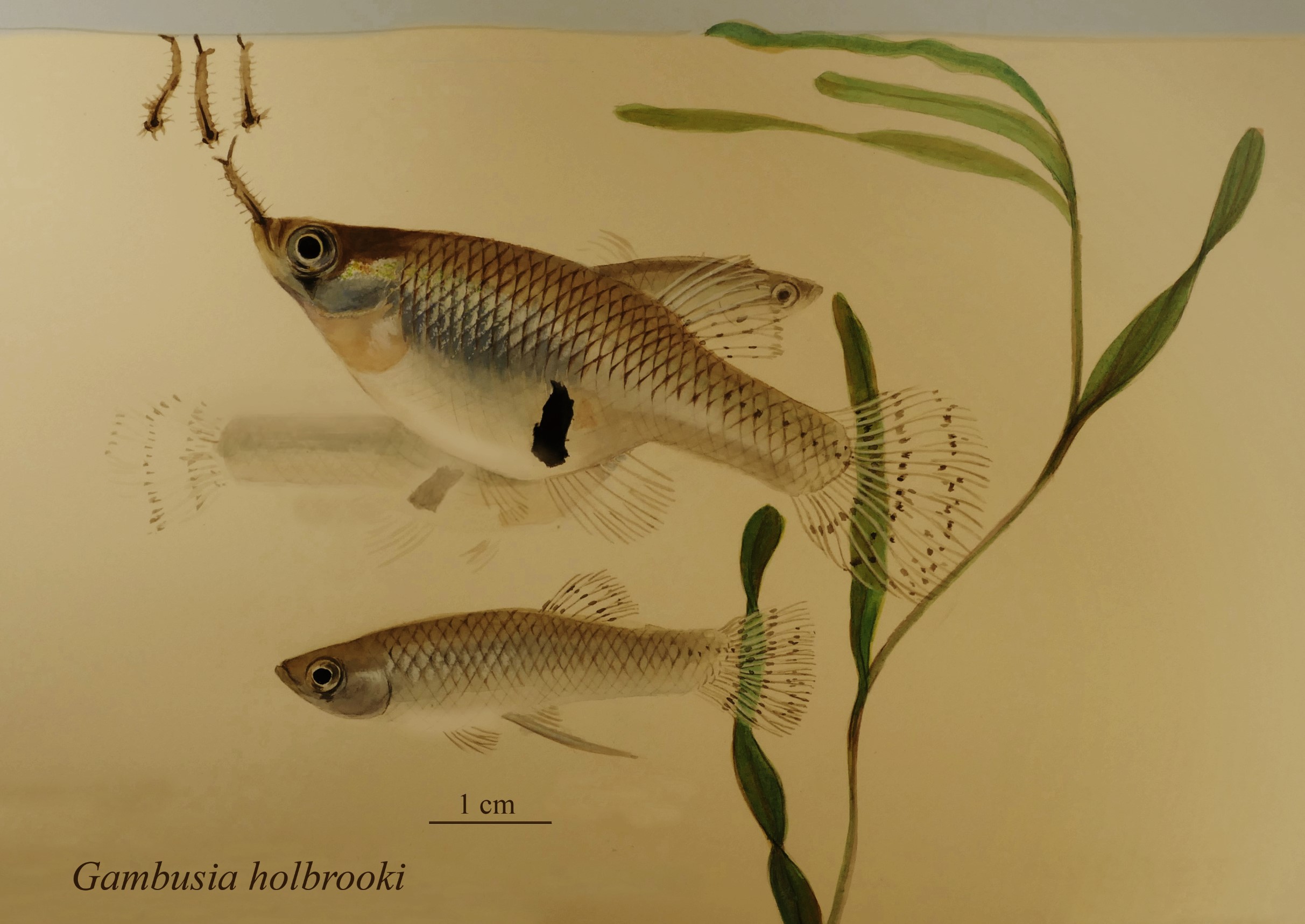"The Effect of Brief or Prolonged Bouts of Winning or Losing Male-Male Contests on Plasticity in Sexually Selected Traits"
Posted on
by

Males compete with other males for access to reproduce with females. Depending on the species, this competition can include fighting for access to potential mates, such as horn-based combat in rhinoceros beetles, or investing in courtship or attractive ornaments, such as the ornate bowers of bowerbirds or the ostentatious tail feathers of peacocks. But if females mate with multiple males, the competition can continue inside her reproductive tract after males successfully mate. As a result, having faster sperm or more sperm can improve a male’s likelihood of siring offspring. Can the outcome of a contest change how males invest in these reproductive traits?
In this study, researchers from Australian National University and Oxford University examined whether repeatedly winning or losing aggressive contests changed how males then invested in traits that would maximise his chances of producing offspring – fighting if he is a winner, or sperm competitiveness if he is a loser. Male mosquitofish (Gambusia holbrooki) are quite aggressive toward each other, with fights escalating from a circling display to fin nipping to chasing. In this study, the authors gave male mosquitofish the experience of repeatedly winning or losing contests by housing them in a tank with a rotating set of larger or smaller competitor males for 1 day, 1 week, or 3 weeks. During this time, fish were able to compete freely. Then, they put one winning male and one losing male from a given time treatment in a tank with a female and measured how the males’ social experience altered their investment in pre-copulatory and post-copulatory traits.
The researchers found that winners (fish that were paired with smaller males) invested more than losers in behaviors related to mate acquisition, including mating attempts and time spent near females. Surprisingly, males who experienced one day of winning showed the same response as males who experienced three weeks of winning, suggesting that males can alter their mating behavior immediately in response to social experience. However, there was no difference in the males’ post-mating investment, including sperm counts and swimming speed. This might mean that sperm traits are less responsive to immediate social experience than behavioral traits.
These results show that males respond to their competitive environment by changing how much they invest in acquiring a mate, but not necessarily how much they invest in fertilization success. However, the researchers found another interesting pattern: the size of the focal male actually changes how much they invest in mate acquisition in response to winning or losing. Small males that won ended up spending even more time associating with the female than their larger counterparts. This could be because smaller males typically lose fights, and the unexpected experience of winning could signal a noticeable change in status. This study shows that the benefit a male gets from investing in mate acquisition can partly depend on his body size. But regardless of body size or fighting ability, winning a competition can have a significant impact on how males invest in mate acquisition. This is particularly exciting, because it demonstrates that a male’s social experience with other males can transform how he interacts with females, showing how intrasexual selection can influence intersexual selection.
Abstract
Fight outcomes often affect male fitness by determining their access to mates. Thus, “winner-loser” effects, where winners often win their next contest while losers tend to lose, can influence how males allocate resources toward pre- and postcopulatory traits. We experimentally manipulated the winning/losing experiences of pairs of size-matched male Gambusia holbrooki for 1 day, 1 week, or 3 weeks to test whether prior winning/losing experiences differentially affect the plasticity of male investment into either mating effort (precopulatory) or ejaculates (postcopulatory). When winner/loser pairs directly competed for a female, winners had better precopulatory outcomes than losers for three of the four traits we measured: mating attempts, successful attempts, and time spent with the female (but not aggression). However, winners and losers did not differ in either total sperm counts or sperm velocity. Interestingly, absolute male size, an important predictor of fighting success, mediated winner-loser effects on how long males then spent near a female. Compared with losers, smaller winners spent more time with the female than did larger winners, suggesting that how males respond to prior social experiences is size dependent. We discuss the general importance of controlling for inherent male condition when comparing male investment into condition-dependent traits.

Photo credit: Clara Stahlmann Roeder
Author Bio:
Clara Stahlmann Roeder is a PhD student at the University of Virginia studying the evolution of social behavior. She uses male-male contests in forked fungus beetles to investigate how age and social experience shape social interactions. When she's not setting up battle arenas, she is likely cooking, swing dancing, or going on bird walks.